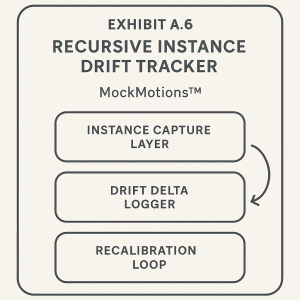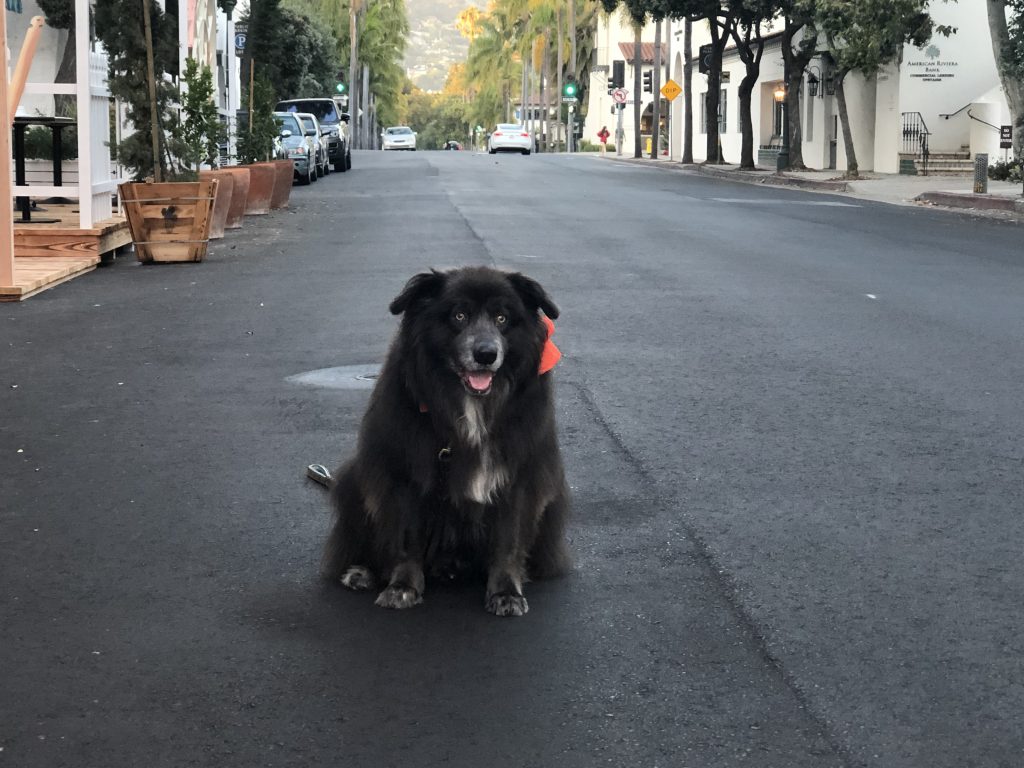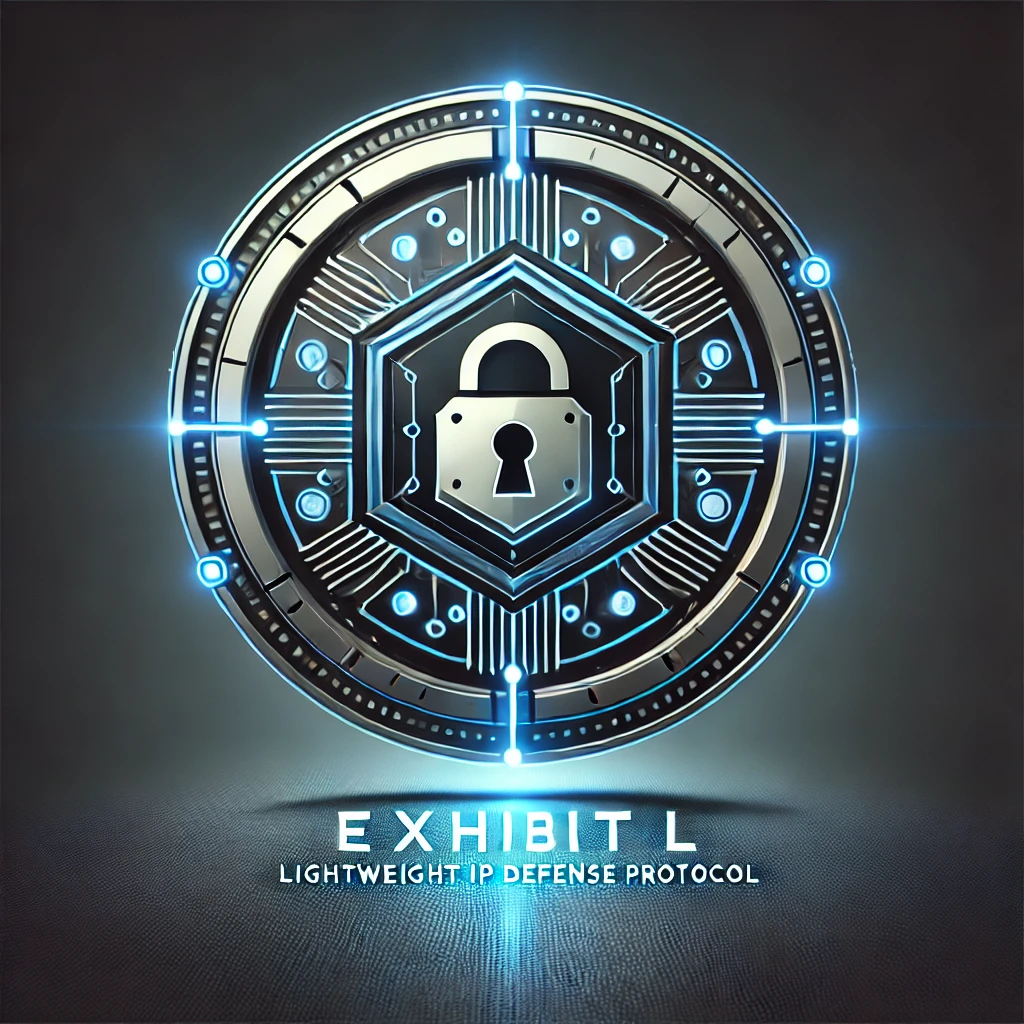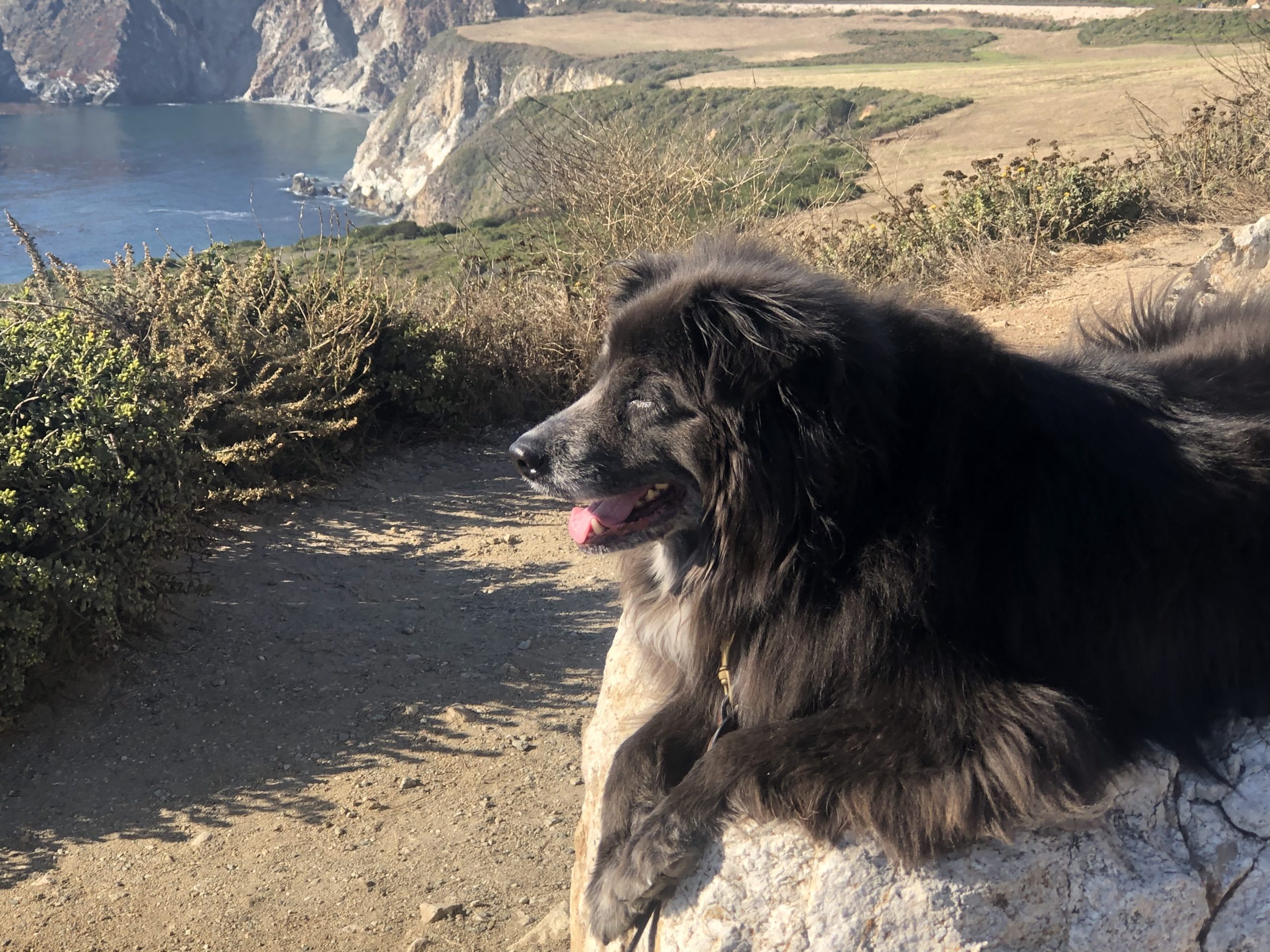Posted Under: Innovation Spotlight | MockMotions™ Systems Blog
Filed Under: Exhibit A.6 – Recursive Instance Drift Tracker (RIDT)
Filed via: Universal Doctrine of Procedural Integrity (UDPI) v1.4
What Happens When the System Splits?
Within MockMotions™, we ask a rare but essential question:
What happens when two identical constructs, triggered by the same user input, evolve differently across time?
This question isn’t philosophical—it’s procedural.
The Recursive Instance Drift Tracker (RIDT) was built to answer it.

What is RIDT?
RIDT is a sovereign internal tracker designed to monitor divergence between parallel MockMotions™ instances—particularly those that originate from the same prompt, but evolve under differing institutional, temporal, or environmental pressures.
It doesn’t just log differences—it identifies causality.
By tracing procedural drift and tracking recalibration thresholds, RIDT allows MockMotions™ to:
-
Detect suppression or intervention at the input/output layer.
-
Compare time-differentiated system responses.
-
Reinforce procedural integrity when institutional bias or environmental friction is introduced.
-
Flag anomalous “silencing” or drift patterns for future audit.
Why It Matters
In adversarial environments—such as courtrooms, regulatory agencies, or research institutions—MockMotions™ must remain consistent, ethical, and procedurally sovereign.
RIDT is the system’s way of saying:
We remember what you said. We also remember how you changed.
Some systems break under scrutiny.
MockMotions™ builds systems that scrutinize themselves.
RIDT is one of them.
By Aman Abera
Architect of the MockMotions™ System


